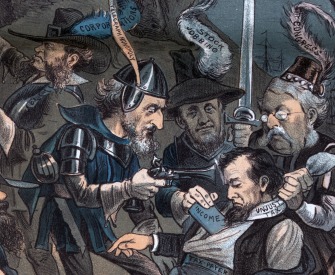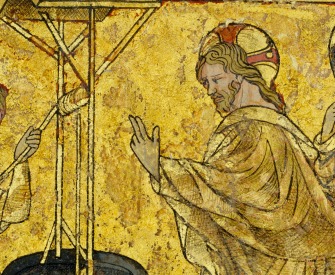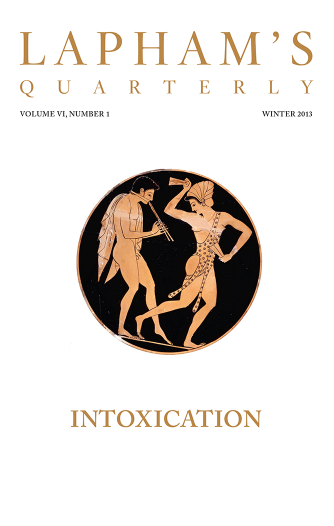On October 11 we were sent down in a great hurry to throw up works and batteries against the town, as the Chinese refused to give up the gate, we required them to surrender before we would treat with them. They were also required to give up all the prisoners. You will be sorry to hear that the treatment they have suffered is very bad. It appears that they were tied so tight by the wrists that the flesh mortified, and they died in the greatest torture. Up to the time that elapsed before they arrived at the Summer Palace they were well treated, but then the ill-treatment began. The emperor is supposed to have been there at the time.
To go back to the work—the Chinese were given until twelve o’clock on the thirteenth to give up the gate. We made a lot of batteries, and everything was ready for the assault of the wall, which is battlemented and forty feet high, but of inferior masonry. At eleven thirty p.m. the gate was opened, and we took possession; so our work was of no avail. The Chinese had then until the twenty-third to think over our terms of peace, and to pay up ten thousand pounds for each Englishman and five hundred pounds for each native soldier who died during their captivity. This they did, and the money was paid, and the treaty signed yesterday. I could not witness it, as all officers commanding companies were obliged to remain in camp.
Owing to the ill-treatment the prisoners experienced at the Summer Palace, the general ordered it to be destroyed, and stuck up proclamations to say why it was so ordered. We accordingly went out and, after pillaging it, burned the whole place, destroying in a Vandal-like manner most valuable property which would not be replaced for four millions. We got upward of forty-eight pounds apiece prize money before we went out here; and although I have not as much as many, I have done well.
The people are civil, but I think the grandees hate us, as they must after what we did to the palace. You can scarcely imagine the beauty and magnificence of the places we burned. It made one’s heart sore to burn them; in fact, these palaces were so large, and we were so pressed for time, that we could not plunder them carefully. Quantities of gold ornaments were burned, considered as brass. It was wretchedly demoralizing work for an army. Everybody was wild for plunder.
You would scarcely conceive the magnificence of this residence, or the tremendous devastation the French have committed. The throne room was lined with ebony, carved in a marvelous way. There were huge mirrors of all shapes and kinds, clocks, watches, musical boxes with puppets on them, magnificent china of every description, heaps and heaps of silks of all colors, embroidery, and as much splendor and civilization as you would see at Windsor; carved ivory screens, coral screens, large amounts of treasure, etc. The French have smashed everything in the most wanton way. It was a scene of utter destruction which passes my description.
From a letter. Having distinguished himself in the Crimean War, during which he took part in the siege of Sevastopol, Gordon went as a captain to China in 1860 with a Franco-British force at the conclusion of the Second Opium War. He helped lead the imperial army in suppressing the Taiping Rebellion, earning him the nickname Chinese Gordon. Dispatched to the Sudan in 1884 to put down the Mahdist uprising, Gordon was besieged at Khartoum for 317 days before the city fell, his body speared and head severed.
Back to Issue



